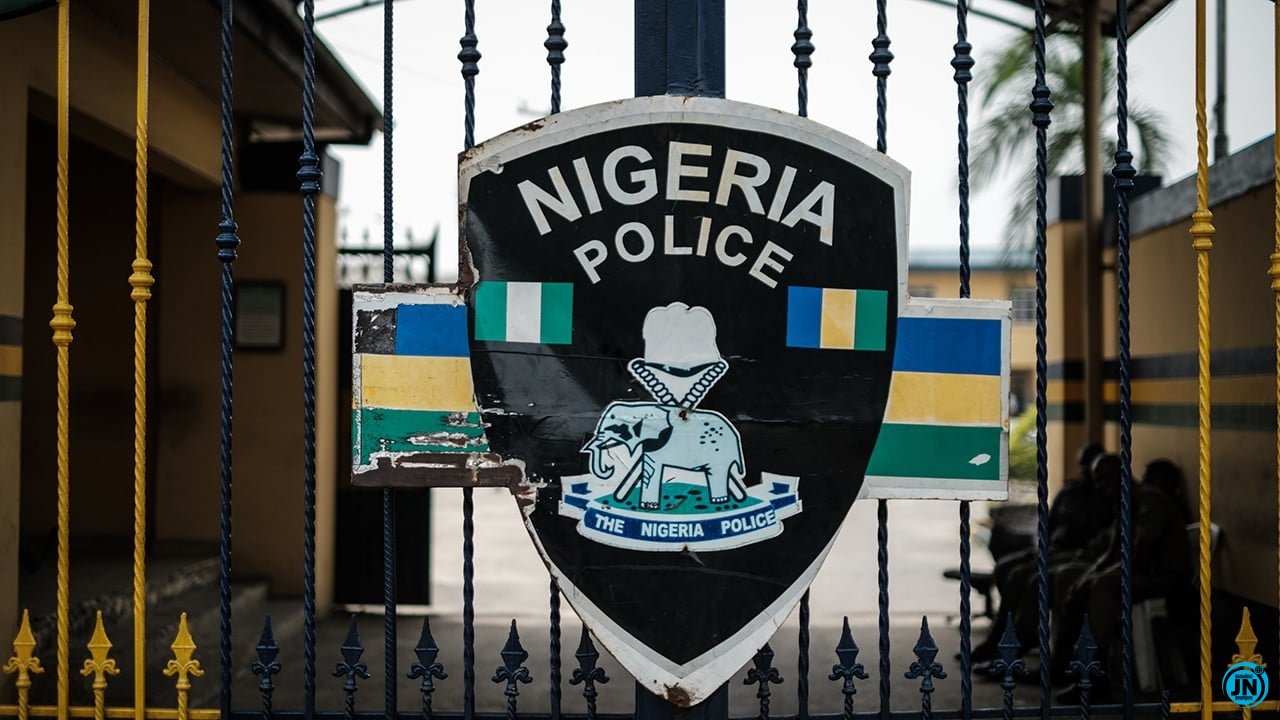
Pastor Harry Uyanwanne and his wife, Kristen, have been sentenced to 10 years imprisonment by an Ikeja Special Offences Court for their involvement in defrauding unsuspecting individuals of N52 million through their religious organization, Temple International Church. The case has garnered significant attention due to the betrayal of trust associated with the misuse of a religious institution for personal gain.
In her judgment delivered on Wednesday, Justice Mojisola Dada declared the couple guilty of seven counts of fraud and stealing as charged by the Economic and Financial Crimes Commission (EFCC). Alongside the sentencing, the court mandated the immediate deregistration and permanent closure of their church to prevent further exploitation of members and the public.
The charges brought against the couple stemmed from an investigation initiated by the EFCC in February 2020. The commission accused the couple of illegally diverting N10 million belonging to a deceased woman, Mrs. Adeola Odemuyiwa, for their personal use. The fraudulent activities did not stop there. The Uyanwannnes were also found guilty of selling a property located in Magodo, Lagos, valued at N42 million, under false pretenses, deceitfully claiming Pastor Harry had the authority to execute the sale.
In delivering the sentences, Justice Dada imposed a three-year imprisonment term on Pastor Harry for the first count and an additional seven years on counts two to six, to be served concurrently. Kristen Uyanwanne was acquitted on count seven due to insufficient evidence linking her directly to that specific charge. Furthermore, the court directed the couple to pay restitution amounting to N31 million to the complainant, which must be fulfilled within a 60-day timeframe, highlighting the judiciary’s commitment to ensuring justice and reparation for the victims.
The EFCC, in its submission, emphasized that the fraudulent actions of the couple violated the provisions of the Advance Fee Fraud Act of 2006 and the Criminal Law of Lagos State, 2011. Their conviction serves as a stern reminder and a precedent for addressing financial misconduct, even when perpetrated under the guise of religious leadership.
This case underscores the increasing efforts by law enforcement and judicial authorities to hold individuals accountable for crimes, regardless of their social or professional standing. It has also prompted discussions around the need for enhanced oversight of religious organizations to prevent such abuses in the future and to restore faith in the sanctity of these institutions.



